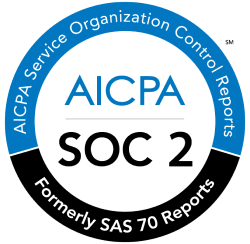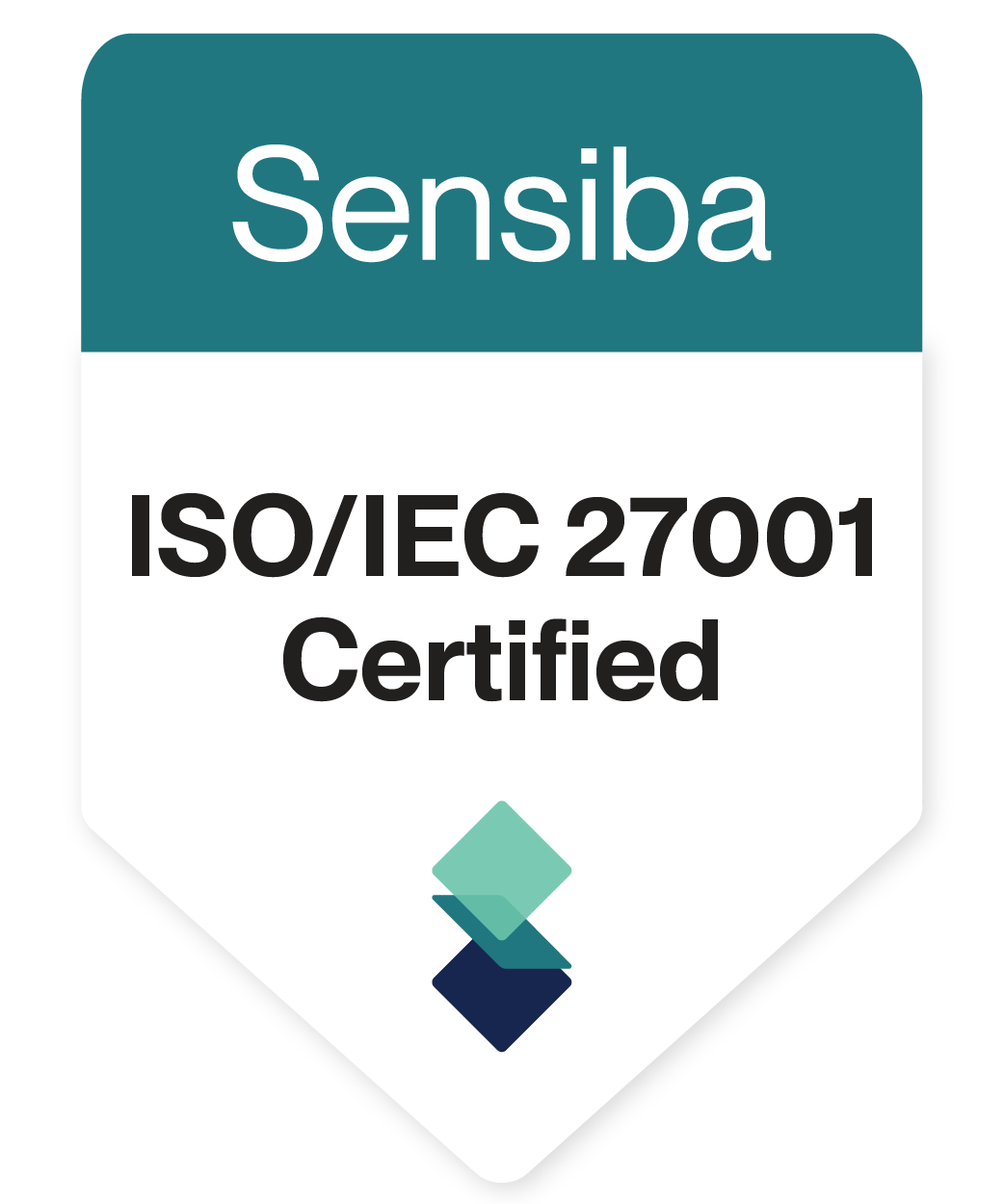Security and Trust at Squid AI
At Squid AI, we prioritize security. Squid AI’s safeguarding begins with a state-of-the-art, secure infrastructure designed to protect data with the utmost integrity. At the core of our security framework is a built-in vault for secrets that is FIPS 140-2 compliant for encrypted secrets. Whether you are connecting APIs, storing sensitive information, or querying multiple databases, Squid AI is engineered to provide protection for any and every type of data.
Security compliance
We are fully committed to delivering enterprise-level security and compliance. We understand that trust is the cornerstone of any successful platform. We adhere to SOC 2, GDPR, and ISO 27001 standards. Squid AI enables a centralized audit trail for all database access within your organization to observe and control the use of data by your developers and applications.
Regional data by design
Beyond these certifications, Squid AI takes a proactive approach to security by implementing best practices that go above and beyond standard requirements. Our regional data design ensures that all your data residency and sovereignty needs are met.
Security by default
Squid AI embraces a "security by default" philosophy, ingraining data protection mechanisms into every layer of our system architecture. This foundational approach ensures that every interaction with our platform is governed by security protocols, effectively reducing the risk of unauthorized data access. Encryption of data at rest and in transit is a standard at Squid AI, safeguarding your information from the moment it enters our ecosystem to the point it is stored in our secure vaults.
Identity-as-a-service
Squid AI integrates with your identity-as-a-service (IDaaS) platform of choice, facilitating business agility. This approach enables seamless authentication and authorization services, streamlining access management without compromising on security.
Real-time auditability
Squid AI delivers critical cyber security benefits: advanced audit logs and real-time reporting that can work standalone or integrate to your existing security posture system.
In-depth enterprise access controls
We prioritize robust access controls to ensure the security and compliance of your enterprise systems. Our platform offers both Role-Based Access Control (RBAC) and Attribute-Based Access Control (ABAC) to cater to the diverse needs of administrators, developers, and end users. RBAC's key features include centralized role management, granular permissions, and assigning of specific permissions to roles, ensuring users have only the access they need. ABAC offers a dynamic approach by assigning access based on user attributes, environmental conditions, and resource attributes. This method allows for fine-grained control and contextual decision-making. ABAC's key features include the ability to define complex access policies based on user attributes (e.g., department, job title), resource attributes, environmental conditions (e.g., time of day), contextual access (e.g., implementation of rules that adapt to changing conditions for users), and the compliant alignment of access policies with regulatory requirements and enterprise security policies.
Compliance

